Jeff15
Photographizing junkie!
- Joined
- Mar 29, 2018
- Messages
- 23,333
- Reaction score
- 12,175
- Location
- Staffordshire England
- Can others edit my Photos
- Photos NOT OK to edit
I see lots of praise being given to mundane shots
They may seem mundane to you but have you thought they may be from photographers with less experience than you.
They may seem mundane to you but have you thought they may be from photographers with less experience than you.




![[No title]](/data/xfmg/thumbnail/36/36396-f8e84def7352af726df923054b86284f.jpg?1619737549)
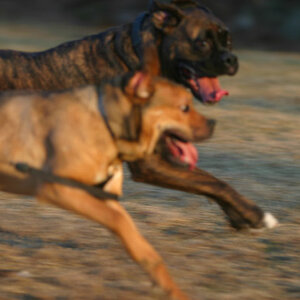
![[No title]](/data/xfmg/thumbnail/37/37096-449bdc6a1e392458a52fd1cca97c6b2e.jpg?1619737881)
![[No title]](/data/xfmg/thumbnail/37/37634-504722605a418b398f3cd1dbabf936e5.jpg?1619738156)
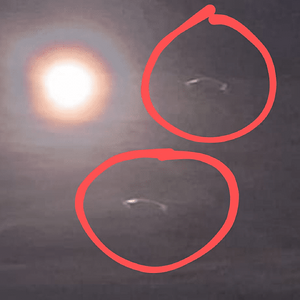
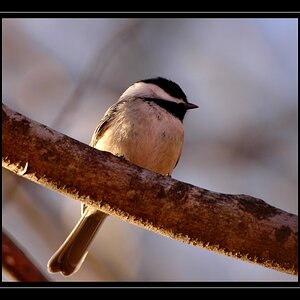
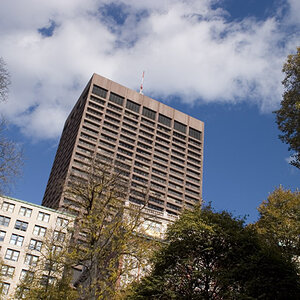
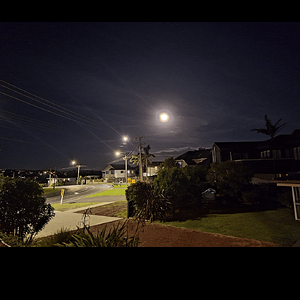
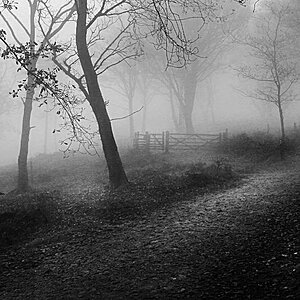
![[No title]](/data/xfmg/thumbnail/37/37636-e02c7efccb426a8951ed97a37c0f9307.jpg?1619738157)